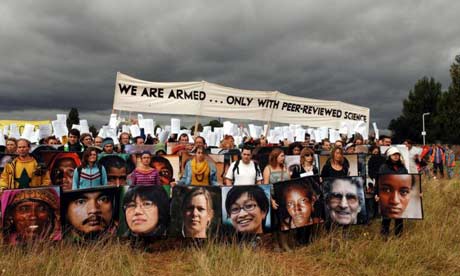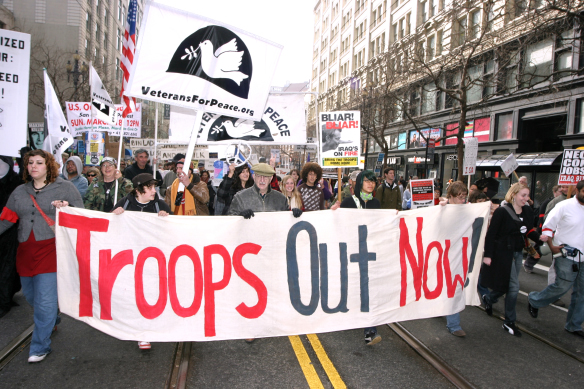 “While I understand a minority shareholding would be involved, I believe this would be the thin edge of the wedge and will open the door to full privatisation of Cardiff Bus which will gradually reduce the service to customers.
“While I understand a minority shareholding would be involved, I believe this would be the thin edge of the wedge and will open the door to full privatisation of Cardiff Bus which will gradually reduce the service to customers.Any private company would expect a return of at least 15 per cent on turnover.
The only way that can be met is through increased fares and/or a large reduction in marginal services which Cardiff Bus operates as a sort of dividend for the owners, the people of Cardiff: This looks like a fire sale to deal with a short-term financial position." - Steve Pantak, Chairman of Cardiff Bus
The corporate take-over of Cardiff continues unabated. The neo-Liberal democrats cuts and privatisation agenda reveals that they are "yellow Tories". First school cuts, then the Library cuts, now a brutal attempt at privatising the local bus network.
Cardiff Council is currently talking about selling off a 40% slice of the Cardiff Bus Company - this could pave the way for total privatisation of one of the few remaining Bus services in the country still in public ownership under the municipal control of local government.
A Bus service run for profit could see price rises and vital services cut.
RESPECT defends the idea that local bus services should be publicly owned and democratically accountable to local government. This is the only basis on which an integrated, low carbon transport network can be built. We campaign for free or cheap public transport available to all workers as an alternative to car-mageddon.
The fruits of bus privatisation have already been seen across the UK. In the early 80s when the Tories privatised and derregulated public transport, they said it would increase competition, drive down prices and the travelling public would benefit. Instead workers have faced increased prices, fewer services, a lack of accountability, and incessant cuts and timetable changes.
The long-term fruits of privatisation and de-regulation have been private bus monopolies seizing control of the market throughout the country by driving out smaller operators.
In order to satisfy private operators’ endless thirst for increased profits, they have to constantly cut or remove the less profitable services. These are often the routes that provide a social service, linking isolated local communities and providing a lifeline for many people, especially the elderly.
For corporations run for profit this is of no concern, often declining passenger numbers are then used as an excuse for further rounds of cuts. The knock-on effects are considerable with many vulnerable people left isolated in their communities.
But there is another fundamental issue. When bus services are in public ownership it is much easier to challenge cuts in services, price rises, and provision, but once they are privatised there is no longer consultation or accountability. The bottom line is that the Bus Companies are free to do whatever they want with only their profit margins to worry about.
RESPECT campaigns for the extension of democracy in our society. Decisions on the provision and implementation of local services such as public transport must be made by people accountable to the communities they represent. Therefore we will be building a mass campaign to defend our public services:
Our Bus Service is Not For Sale















